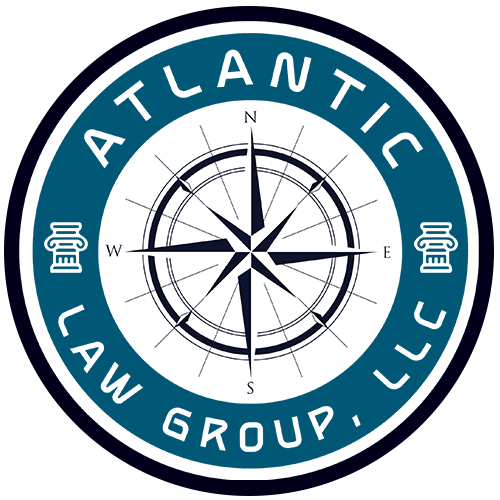BANKRUPTCY
256-489-2012Bankruptcy
Bankruptcy is not the solution for every person in debt. That said, if any of the following is true of you, you should at least consider a consultation with our firm to see if bankruptcy is the right option for you.
Bankruptcy might be the answer if:
- You have to put day-to-day necessities like food and gas on credit cards, but you can barely afford to make the minimum payments on your card.
- You are using one credit card to pay another, either by taking out a cash advance or doing a balance transfer. In the end, your debt doesn’t go down, and your interest rates go up.
- You have missed multiple payments on your credit card, and your interest rates have skyrocketed as a result.
- You have already cut your expenses, but you still can’t make ends meet.
- You are working full-time or part-time, but you still can’t make ends meet.
- Your wages have been garnished, or are in danger of being garnished because a creditor has or is seeking a judgment against you.
- You have taken money from your retirement accounts or your kids’ college savings to pay debt—or you are thinking about it. Don’t do it!
- You have tried everything, but still can’t get ahead of your debt.
- You are constantly being hounded by creditors, and the stress of your debt is affecting your day-to-day life, like your ability to focus at work or your relationship with your family.
Don’t spend money like your retirement funds, that could be protected in bankruptcy, in a futile attempt to get out of debt. Don’t try to work three jobs; that could actually prevent you from using bankruptcy. Bankruptcy law exists so you can live a normal, happy life and build a future while keeping most, if not all, of your assets.
Once you have decided to file for bankruptcy, the next question is which chapter of the Bankruptcy Code to file under
Chapter 7
Often referred to as “fresh start” bankruptcy, is the most common. Chapter 7 is usually less expensive than a Chapter 13 and takes less time—usually only 4 months from start to finish. In a Chapter 7 bankruptcy, you can discharge (wipe out) most unsecured debt (meaning that the debt is not secured with collateral). Credit card debt and medical debt are two common types of unsecured debt. You may be able to keep all or most of your assets.
In a Chapter 7 bankruptcy, you have only one hearing—a brief hearing with the bankruptcy trustee that takes about five minutes. This is called the Meeting of Creditors or a 341 Meeting. Despite the name, it is very rare for creditors to appear. A few months after this meeting, you should receive your bankruptcy discharge.
Chapter 13
In some situations, a Chapter 13 bankruptcy is a better option. You may decide to file for bankruptcy under Chapter 13 if the bankruptcy “means test” shows that you do not qualify for a Chapter 7 bankruptcy, because you make too much money for the area in which you live. Chapter 13 may also be a better choice if the type of debt you are struggling with is something that could not be discharged in a Chapter 7, like certain tax debt or back child support; in a Chapter 13, that debt is paid off over the course of the bankruptcy.
Chapter 13 may also be right for you if you have a house or car you would like to keep, but you have fallen behind on the payments. Chapter 13 is known as a “wage earner’s” bankruptcy because you must have a job where you can show the monthly payments will come from for the next three to five years of plan payments. Most people who file for Chapter 13 bankruptcy do not make it all the way through the repayment plan, and their case is dismissed for failing to make plan payments.
In Chapter 13 bankruptcy, your attorney helps you make a plan to make payments on your debt over three to five years. You have a Meeting of Creditors, as in a Chapter 7, but also an appearance before the bankruptcy court judge to confirm your repayment plan. An “automatic stay” goes into effect as soon as you file either a Chapter 7 or Chapter 13 bankruptcy, preventing your creditors from trying to collect on debts.

